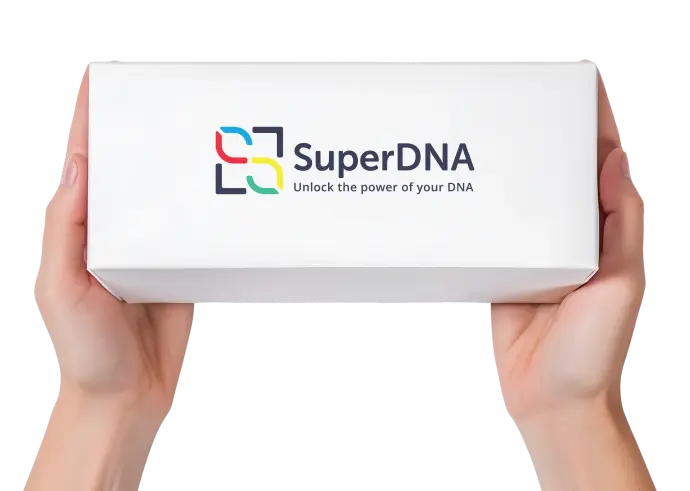



























CancerDetect™ can be informative across different stages of cancer. It can aid in early detection, provide prognostic information, guide treatment selection, monitor treatment response, and detect minimal residual disease. However, its sensitivity and specificity may vary depending on the specific cancer type and stage.
CancerDetect™ does not have specific age restrictions and can be performed on patients of various ages. The suitability of testing depends more on the specific clinical context, the availability of targeted therapies, and the presence of detectable genetic alterations.
In most cases, fasting is not required before undergoing liquid biopsy genetic testing. It is a simple blood test that can be done at any time, regardless of food intake.
CancerDetect™ is primarily focused on detecting genetic alterations associated with diseases like cancer. It is not commonly used for detecting inherited genetic conditions, as those typically require different testing methods such as targeted genetic sequencing. You may refer to SuperDNA Ultimate test for detection of hereditary genetic conditions.
CancerDetect™ has shown a promising accuracy in detecting genetic alterations in various diseases. While it may not replace traditional tissue biopsy in all cases, it offers a minimally invasive alternative and can provide valuable information about tumor genetics.
CancerDetect™ and imaging scans serve different purposes in cancer monitoring. While liquid biopsy can provide genetic (molecular) information about the tumor, imaging scans such as CT, MRI, or PET scans are essential for assessing tumor size, location, and metastasis. Both approaches are often used together to provide a comprehensive picture of the disease.
CancerDetect™ is considered a low-risk procedure with minimal side effects. Since it involves a blood draw, there may be slight discomfort or bruising at the site of sample collection. Serious complications are rare.
CancerDetect™ can detect more than 50 types of cancers, including lung, breast, colorectal, and pancreatic cancer. It can also be used for hematological malignancies such as leukemia and lymphoma.
